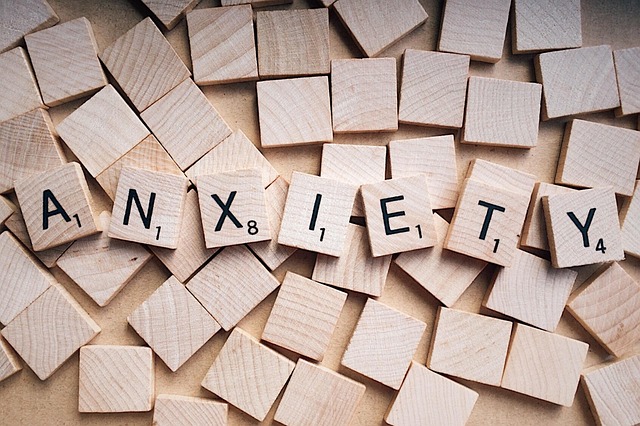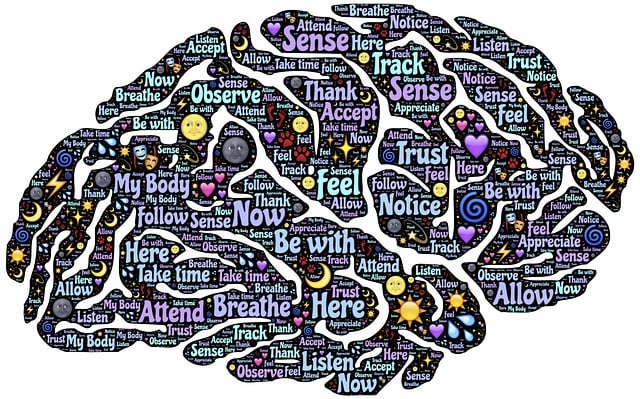Healthcare provider burnout, especially among nurses and doctors, is a pressing issue impacting patient care and system efficiency due to factors like heavy workloads and long hours. For young children's therapy, Exposure and Response Prevention (ERP) therapy effectively manages anxiety, a leading cause of burnout. Mindfulness, meditation, community outreach programs, and ERP techniques create a supportive work environment, enhance resilience, reduce stress levels, and improve job satisfaction among healthcare professionals. Promoting self-care practices, including personal time, exercise, healthy eating, and stress management techniques like ERP, helps maintain work-life balance and prevents emotional exhaustion, thereby reducing burnout risk.
Healthcare provider burnout is a growing concern, impacting not just individuals but entire healthcare systems. This article explores effective prevention strategies to combat this rising issue. We delve into understanding burnout among healthcare providers, focusing on its unique manifestations in young children’s therapy settings. Additionally, we highlight the significance of supportive work environments and self-care practices for long-term well-being, including exposure and response prevention techniques as a therapeutic approach.
- Understanding Burnout Among Healthcare Providers
- Therapy for Young Children: Exposure and Response Prevention Techniques
- Creating a Supportive Work Environment
- Promoting Self-Care Practices for Long-Term Well-being
Understanding Burnout Among Healthcare Providers

Healthcare provider burnout is a growing concern within the industry, impacting not just individual well-being but also patient care and overall healthcare system efficiency. Burnout often manifests as emotional exhaustion, depersonalization, and reduced personal accomplishment, especially in professions like nursing and medicine where high-stress environments are commonplace. Understanding burnout among healthcare providers involves recognizing that it’s a complex issue influenced by various factors, including heavy workload, long working hours, and a lack of support systems.
In the context of young children’s therapy, exposure and response prevention (ERP) therapy is one effective approach to address specific triggers and fears. Similarly, stress reduction methods like mindfulness, meditation, and community outreach program implementation can serve as valuable burnout prevention strategies for healthcare providers. These interventions not only enhance coping mechanisms but also foster a sense of resilience in professionals, enabling them to better manage challenging situations while maintaining their well-being.
Therapy for Young Children: Exposure and Response Prevention Techniques

Early childhood therapy often employs innovative techniques like Exposure and Response Prevention (ERP) to tackle challenges unique to young minds. This approach is particularly effective in managing anxiety, a common contributor to burnout among healthcare providers and children alike. Through ERP, therapists help young patients confront fearful stimuli gradually, teaching them adaptive coping strategies. By encouraging exposure to anxiety-inducing situations and preventing avoidance behaviors, children learn to regulate their emotional responses.
This therapy empowers young individuals to manage stress and improve mood. By integrating these skills early, the foundation for effective stress management is laid, potentially preventing burnout as they grow older. This strategy not only benefits the child but also provides valuable tools for parents and caregivers to support their child’s mental health and overall well-being.
Creating a Supportive Work Environment

Creating a supportive work environment is a multifaceted approach to preventing healthcare provider burnout. This begins with fostering an atmosphere that prioritizes mental well-being and encourages open communication. Implementing strategies such as regular staff meetings where professionals can share their experiences, challenges, and successes sans judgment is key. Additionally, incorporating practices like mindfulness meditation sessions or group therapy for young children using exposure and response prevention (ERP) techniques can significantly enhance resilience and reduce stress levels.
Cultural sensitivity in mental healthcare practice plays a vital role too. Recognizing and addressing the unique needs of diverse patient populations ensures that providers feel empowered to offer tailored care, reducing the risk of burnout associated with navigating cultural barriers. By integrating these approaches, healthcare facilities can create a nurturing environment that not only supports mental health but also boosts job satisfaction among their employees, ultimately leading to better patient outcomes.
Promoting Self-Care Practices for Long-Term Well-being

Promoting self-care practices is a vital strategy to prevent burnout among healthcare providers, ensuring long-term well-being. This includes prioritizing personal time, engaging in regular physical activity, and adopting healthy eating habits. Additionally, integrating stress management techniques like mindfulness meditation and Therapy for Young Children Exposure and Response Prevention (ERP) can significantly reduce workplace stress. These practices help healthcare professionals develop resilience against the demands of their roles.
Stress Management Workshops Organization within medical facilities can foster a culture that values self-care. These workshops can introduce evidence-based Mind Over Matter Principles, encouraging providers to manage their mental health proactively. By incorporating these strategies into daily routines, healthcare workers can maintain balance and prevent the emotional exhaustion that often leads to burnout.
Healthcare provider burnout is a pressing issue, but by implementing evidence-based strategies like exposure and response prevention therapy for young children, creating supportive work environments, and promoting self-care practices, we can foster a more sustainable and resilient healthcare system. These comprehensive approaches not only address immediate concerns but also contribute to long-term well-being, ensuring healthcare providers can continue to deliver quality care with renewed passion and energy.










